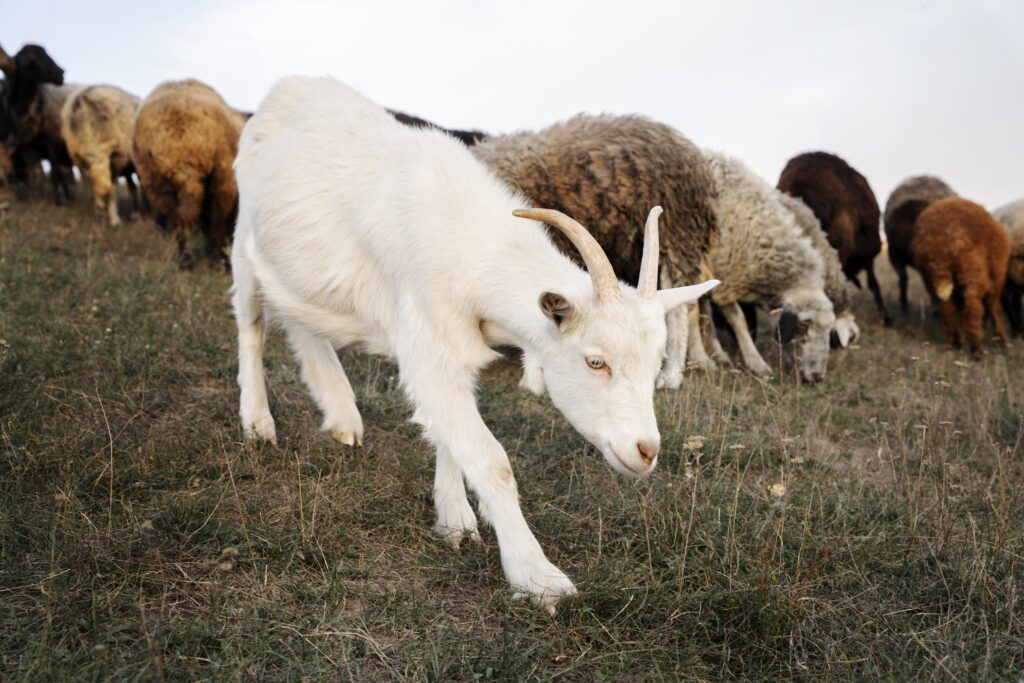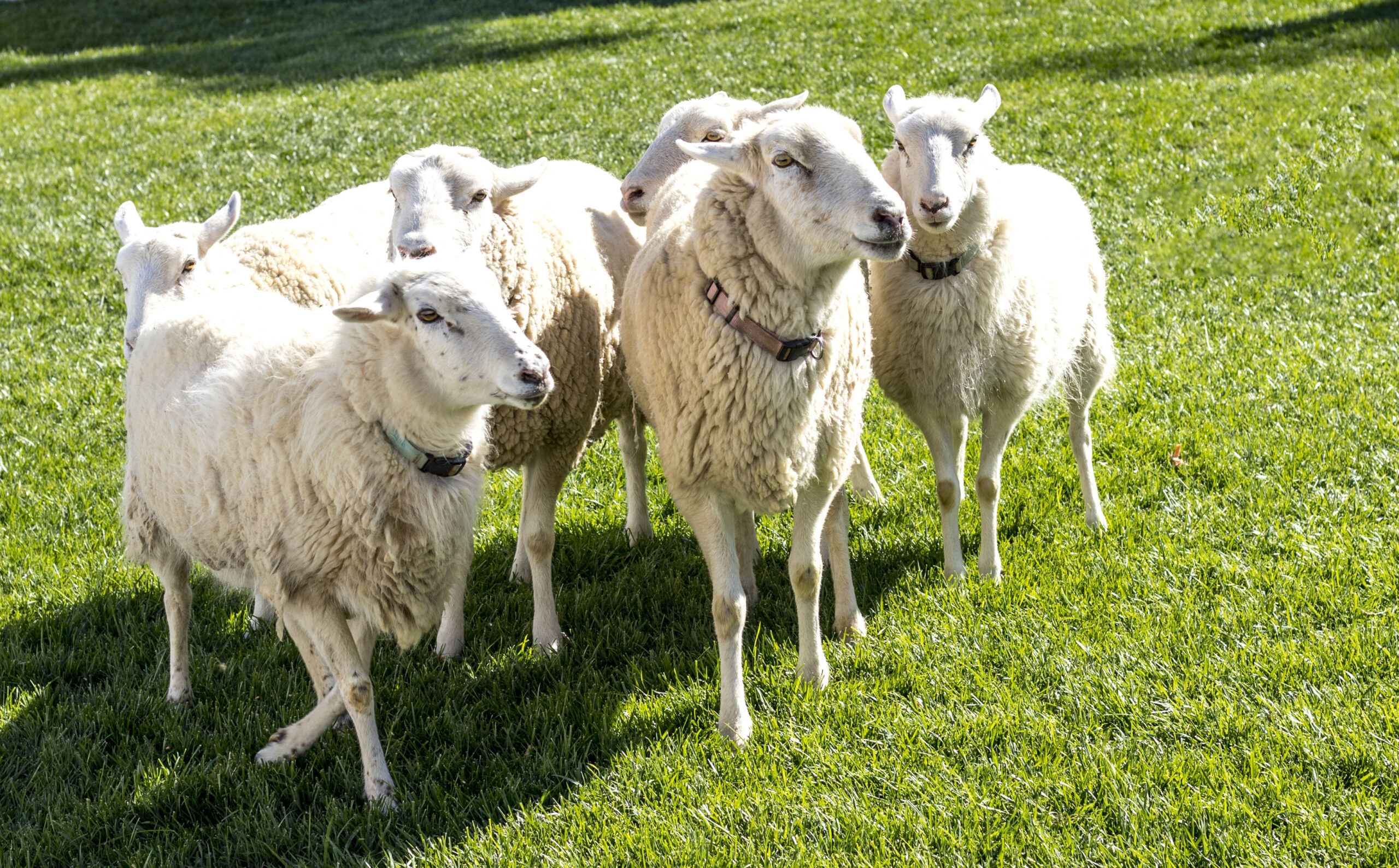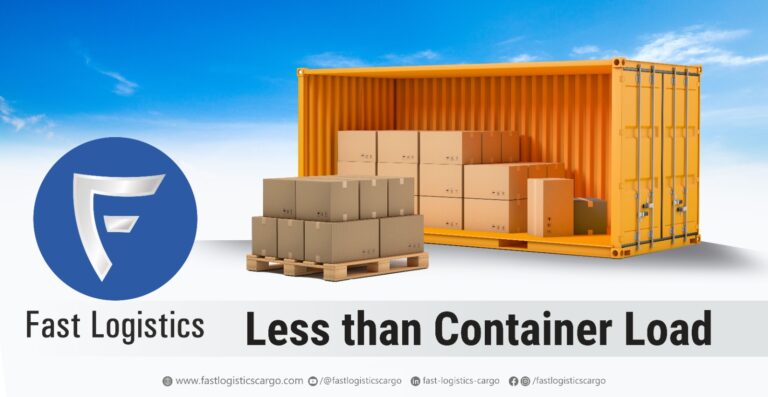Livestock Shipping

Livestock shipping means transporting livestock from one place to another, ensuring their safety and well-being. This process involves complex activities including loading, unloading, transport and handling of animals. The livestock logistics industry plays a critical role in the global economy, providing food and other animal products to millions of people around the world. In this article, we discuss some of the key aspects of livestock transportation and their importance to the industry.
Connect for your livestock transport
Animal Transportation
Animal transport is an important part of the logistics process. This means moving animals from their place of origin to their destination, which may be a market, processing plant or other facility. Livestock can be transported by road, air, sea, or rail. Each type of transport has its advantages and disadvantages, and the choice of transport depends on factors such as the type of animal to be transported, the distance to be transported and the purpose.

Animals Handling
Livestock handling is another important area of livestock logistics. This includes loading and unloading animals and caring for them during transport. Proper handling techniques are essential to ensure the safety and welfare of animals and to prevent injury and distress. Animal caretakers must be trained and experienced in animal behavior and welfare to ensure that animals are properly handled. Temperature controlled containers are used to confirm comfort and survival of the animals for the tedious journey.
Documents and Regulations needed for livestock shipping
Livestock shipping is subject to local, national, and international regulations. These regulations are designed to ensure the safety and welfare of animals during transport. Regulations include, for example, transport conditions, handling practices and equipment use. Pet logistics companies must comply with these regulations to avoid penalties and legal action.
- Livestock Health Certificates
- Bill of Lading
- Customs Documentation
- Insurance
- Invoices and Purchase Orders
- Transport Vehicle Documentation
- Animal Identification Records
- Animal Welfare Certificates
- Vaccination Records
Technology implemented by Fast Logistics for transporting livestock
The development of technology has significantly affected livestock logistics. Fast Logistics uses new technologies, such as GPS tracking and temperature monitoring, allow better monitoring of animal transport. In this way, we can ensure the transport of animals in the best possible conditions. In addition, new materials and equipment have been developed that improve the comfort of animals during transportation.
Livestock logistics plays a vital role in the global economy, providing food and other animal products to millions of people around the world. Fast Logistics simplifies the shipping process involving a complex set of activities including transportation, handling, and regulatory compliance. Correct handling techniques, compliance with regulations and the use of new technologies are essential to ensure the safety and welfare of animals during transport. As a result, livestock logistics companies must strive to implement best practices in their operations to ensure the transport of animals in the best possible conditions and with the help of Fast Logistics’ years of experience and guarantee of successful outcomes livestock logistics gets easy and hassle free.









